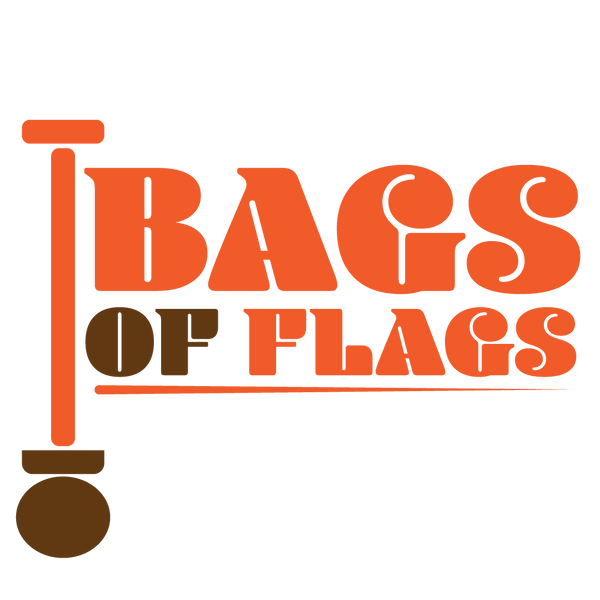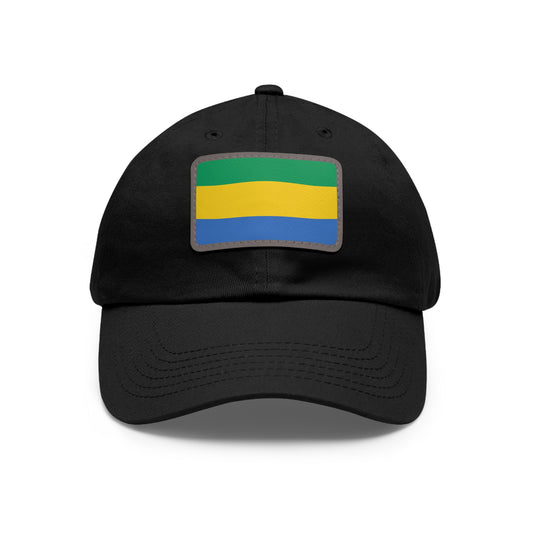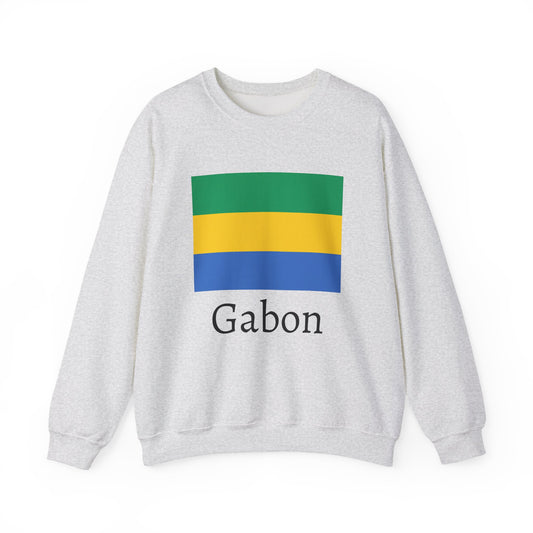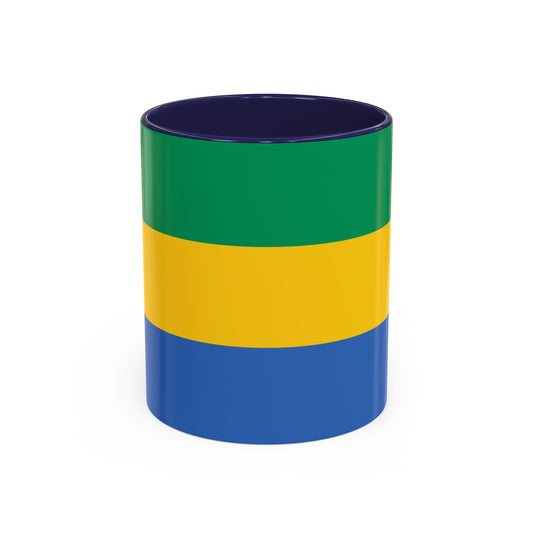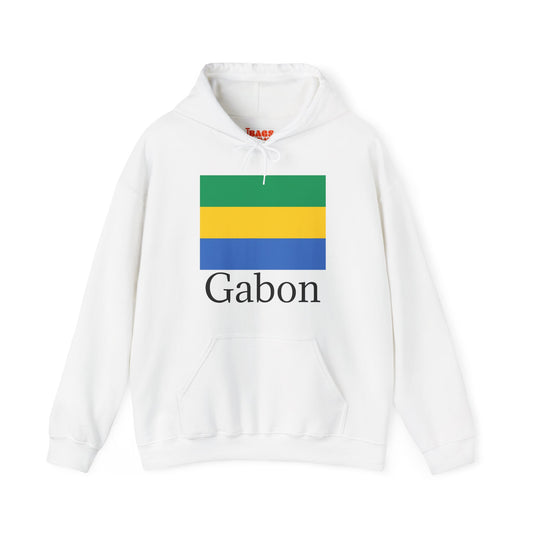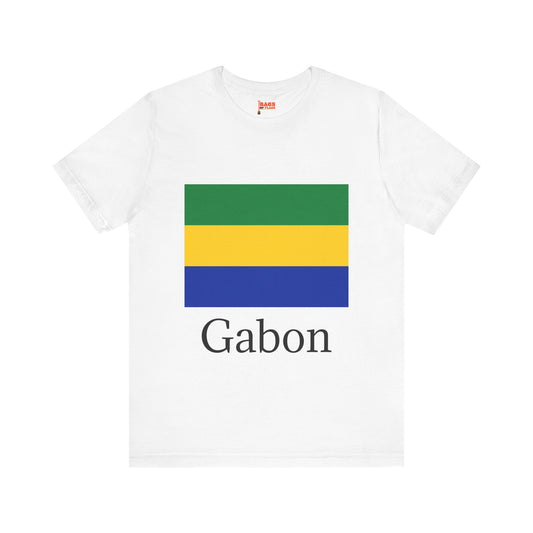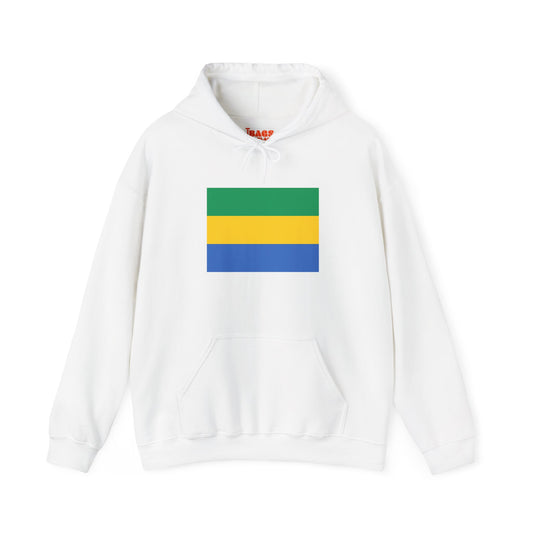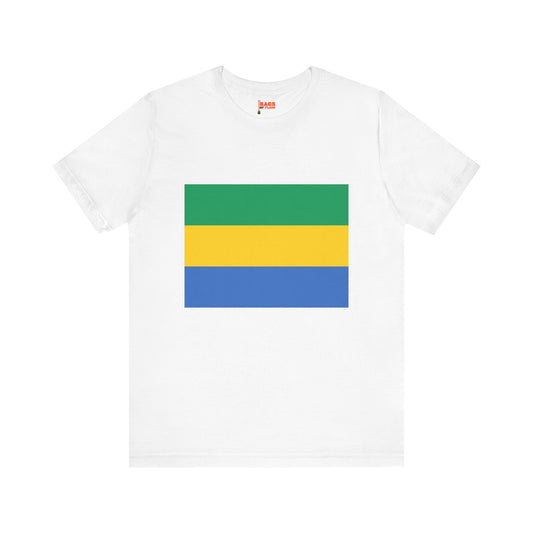-
Gabon Pillow
Regular price $22.65 USDRegular priceUnit price / per -
Gabon Backpack
Regular price $59.79 USDRegular priceUnit price / per -
Gabon Leather Patch Hat
Regular price $18.85 USDRegular priceUnit price / per -
Gabon Sweatshirt
Regular price $34.15 USDRegular priceUnit price / per -
Gabon Flag Sweatshirt
Regular price $34.15 USDRegular priceUnit price / per -
Gabon Trucker Cap
Regular price $14.90 USDRegular priceUnit price / per -
Gabon Hoodies
Regular price $34.40 USDRegular priceUnit price / per -
Gabon T-shirts
Regular price $22.79 USDRegular priceUnit price / per -
Gabon Flag Hoodies
Regular price $34.40 USDRegular priceUnit price / per -
Gabon Flag on T-shirt
Regular price $22.79 USDRegular priceUnit price / per
Collection: Gabon
The Gabon flag symbolizes national pride and identity for the people of Gabon. This flag has a rich history and deep symbolism that reflect the country's heritage and values. We will explore the design, colors, historical context, symbolism, current relevance, and additional facts of the Gabon flag.
Overview of the Gabon Flag's Design and Colors

The flag of Gabon showcases a trio of horizontal stripes, each imbued with a distinct hue: green at the top, yellow in the middle, and blue at the base. This vibrant array of colors is not merely aesthetic but carries significant cultural and geographical implications. The top green stripe evokes the dense forests that cover much of Gabon, symbolizing the nation's wealth of natural resources and its commitment to environmental preservation.
Central to the flag, the yellow stripe serves as a nod to Gabon's geographical positioning astride the equator, highlighting its tropical location and the vibrancy of its land. Lastly, the blue stripe at the bottom mirrors the expansive Atlantic Ocean that graces Gabon's coastline, reflecting the country's strong connection to the sea and maritime aspirations. These colors present a harmonious blend that encapsulates Gabon's essence, from its rich environmental heritage to its geographic distinctiveness.
Historical Context of the Gabon Flag
The Gabon flag carries a narrative of independence and national identity, established against the backdrop of colonial rule and a journey toward sovereignty. Its history is marked by significant dates and decisions that have shaped its current form and symbolism:
- Date of Adoption: The flag was officially adopted on August 9, 1960, coinciding with Gabon's declaration of independence from French colonial rule. This date marks a pivotal moment in Gabon's history, symbolizing the birth of a new nation and the end of an era of foreign domination.
- Original Design: Jean-Hilaire Aubame, a prominent political figure at the time, conceived the design. Aubame's vision was to create a symbol that encapsulated Gabon's identity, aspirations, and natural wealth.
- Unchanged Design: Unlike many countries that have seen several iterations of their flags, the Gabon flag has remained unchanged since its inception. This consistency underscores relative stability and continuity in Gabon's post-independence history.
- Historical Events: The adoption of the flag was part of a broader wave of decolonization that swept across Africa in the 1950s and 1960s. Gabon's independence and the unveiling of its flag were part of this larger narrative of African nations asserting their sovereignty and identity on the global stage.
- Symbolic Significance: From its inception, the flag was imbued with symbolism meant to reflect Gabon's national character, environmental riches, and position in the world—a theme consistent throughout its history.
This historical backdrop highlights the flag's significance as a national emblem and a testament to Gabon's enduring spirit and the country's journey from colonialism to independence.
Symbolism Behind the Gabon Flag

Each element of the Gabon flag is steeped in symbolism that resonates deeply with the Gabonese identity and the nation's aspirations. The topmost green stripe reflects Gabon's vast and dense forests, a testament to the country’s commitment to environmental conservation and its status as a haven for biodiversity. This color not only signifies the wealth of natural resources but also the importance of nature in Gabonese culture and economy.
The middle yellow stripe serves a dual purpose: it represents the sun, a universal symbol of life and vitality, and acknowledges Gabon’s geographical placement on the equator, emphasizing its role as a land of abundance and vibrancy. The bottom blue stripe captures Gabon’s maritime legacy, symbolizing the Atlantic Ocean at the country’s doorstep. It speaks to the significance of the ocean for Gabon, not just as a geographical feature but as a crucial part of its economic, cultural, and social fabric. Together, these colors weave a narrative of pride, resilience, and connection to the land and sea, encapsulating Gabon's spirit and enduring character.
Current Relevance of the Gabon Flag
Today, the flag of Gabon is a pervasive symbol across the country, finding its place in various settings, from formal state occasions to everyday expressions of national pride. Its presence is particularly noted during Independence Day celebrations, where it is displayed prominently, reminding citizens of their shared heritage and the triumphs of their past. In military contexts, the flag underscores the courage and commitment of Gabonese armed forces, reinforcing a sense of national security and pride. Additionally, the flag features in educational settings, where it serves as a tool for teaching young Gabonese about their country's history and values, fostering a sense of national identity from an early age.
Despite its unifying purpose, the flag has also been at the center of discussions regarding its ability to represent Gabon's diverse population fully. These debates highlight the ongoing conversation in Gabon about national identity, inclusion, and representation, indicating the flag’s role as a national emblem and as a focal point for critical societal dialogues.
Additional Facts About the Gabon Flag
The flag of Gabon must be treated with the utmost respect, as per the country's protocols on flag etiquette. Allowing the flag to come into contact with the ground is considered a severe breach of respect. Furthermore, using the Gabon flag for commercial endeavors is strictly prohibited, underlining its solemn significance beyond its visual appeal. When displayed at half-mast, the flag serves as a poignant symbol of national mourning, honoring the memory of those who have passed or commemorating significant national events that call for reflection.
This practice underscores the Gabonese people's deep emotional and cultural connections with their flag. Unlike many African counterparts, the Gabon flag boasts a unique combination of colors and layout, making it easily distinguishable and a source of pride for the nation. These guidelines and traditions surrounding the flag's display and use highlight the reverence held for this emblem of national identity in Gabon.
